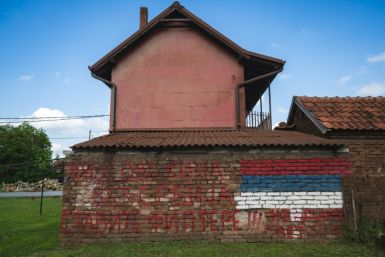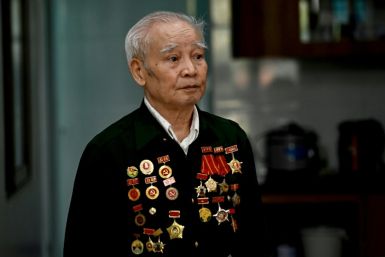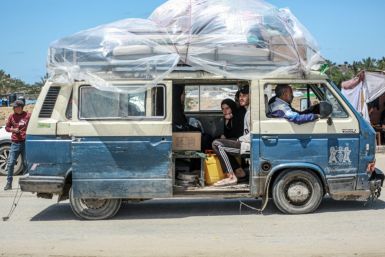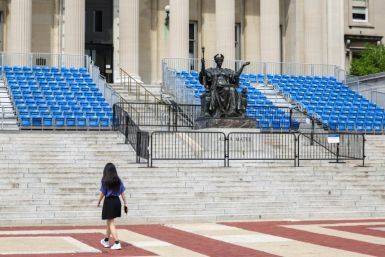Russia to Reactivate Former Soviet Union Bases in Arctic Border in Response to NATO
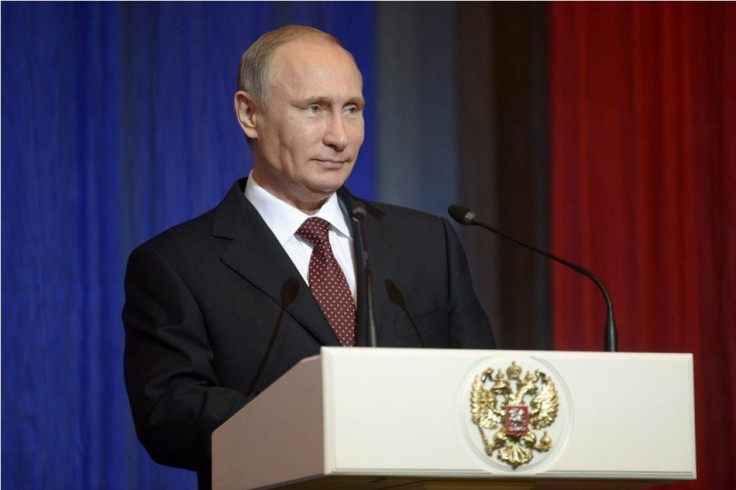
Russia is reportedly planning to send military troops to guard the entire length of the Arctic border. According to state news agency RIA Navosti, Moscow is preparing to reactivate the bases of the former Soviet Union in response to the renewed interest of the North Atlantic Treaty Organisation in the region. Russian officials said the Novaya Zemlya airstrip has the capacity to accommodate fighters as Moscow plans to position part of the North Fleet there. Defence Minister Sergei Shoigu said the movement of troops will be completed before the end of 2014.
The report suggested that a new military group will be formed with two brigades in the far north. The group is expected to have a total of 6,000 soldiers to be sent to Murmansk and the autonomous region of Yamal-Nenets. Russian authorities plan to establish radar and ground guidance systems for Cape Schmidt's Wrangel Island and Franz Josef Land. The number of border security forces will be increased to guard Russia's northern perimeter, according to the federal security service.
Yaya, a tiny Arctic island, will soon become part of Russian territory and added to the Arctic Ocean map, the report said. With an area of 500 square metres and rising almost only one metre above sea level, the small island was discovered by Russian pilots earlier in October. The island's location in the Laptev Sea has also been confirmed by the Admiral Vladimirsky research ship.
Russia has coveted a vast area of the Arctic along with Denmark, Norway, Canada and the United States. The planned large-scale militarisation of the region follows the recent Vostok 2014 in which full military exercises were conducted. Reports of Russian troops carrying out combat missions in the Arctic using weapon systems like the Iskander-M and Pantsir-S have previously surfaced.
The Guardian reported such movement of troops is reminiscent of a cold war atmosphere when the region was the focus of the U.S. and NATO who are convinced Russia may use the Arctic for nuclear strikes. Military analyst and deputy editor of news site Weekly Journal believes Russia only "understands the word 'force' in military terms." Greenpeace Russia's Vladimir Chuprov said the movement of troops "makes no sense" as the only justification that he could may be to unite the people of Russia against an enemy allegedly taking the Arctic despite the lack of threat.
According to reports, NATO has intercepted a Russian military plane in the Baltic Sea. Lt Col. Robert Gericke confirmed NATO's scrambling of fighter jets as the Russian aircraft entered international airspace but did not violate the territory. NATO has 16 fighter planes in the region to watch the Baltic airspace. Officials said NATO conducts regular launches to identify any unknown or "potentially hostile" aircraft within national airspace.


